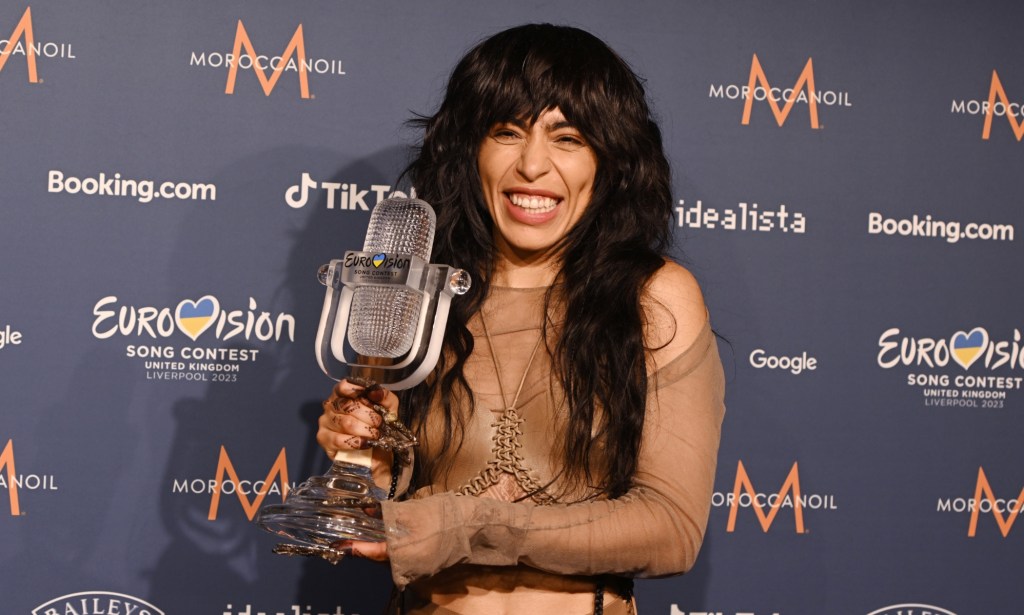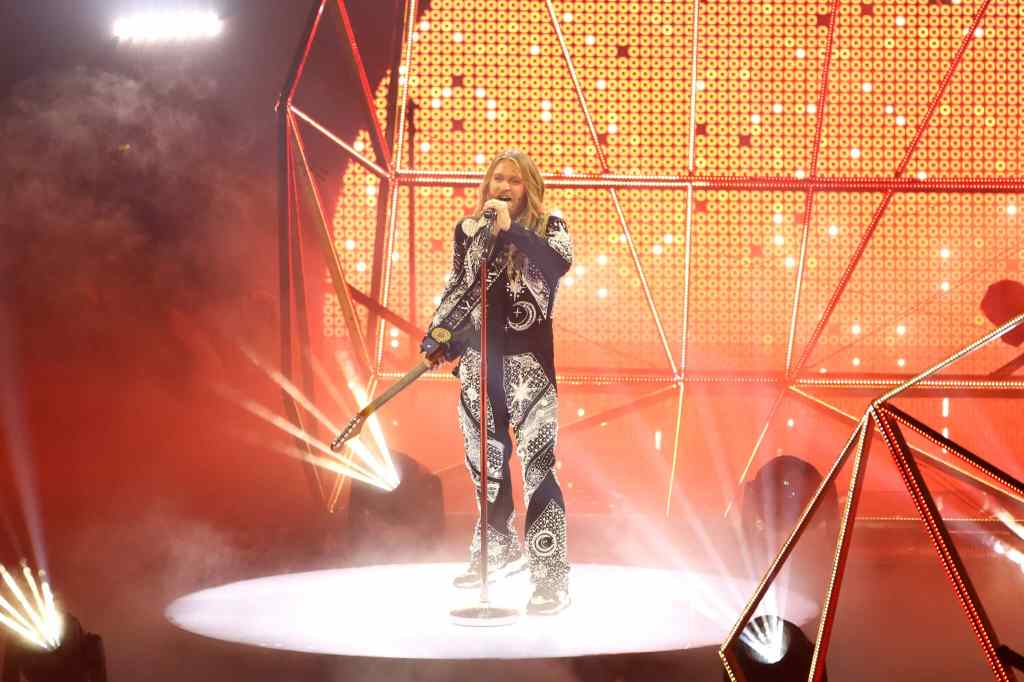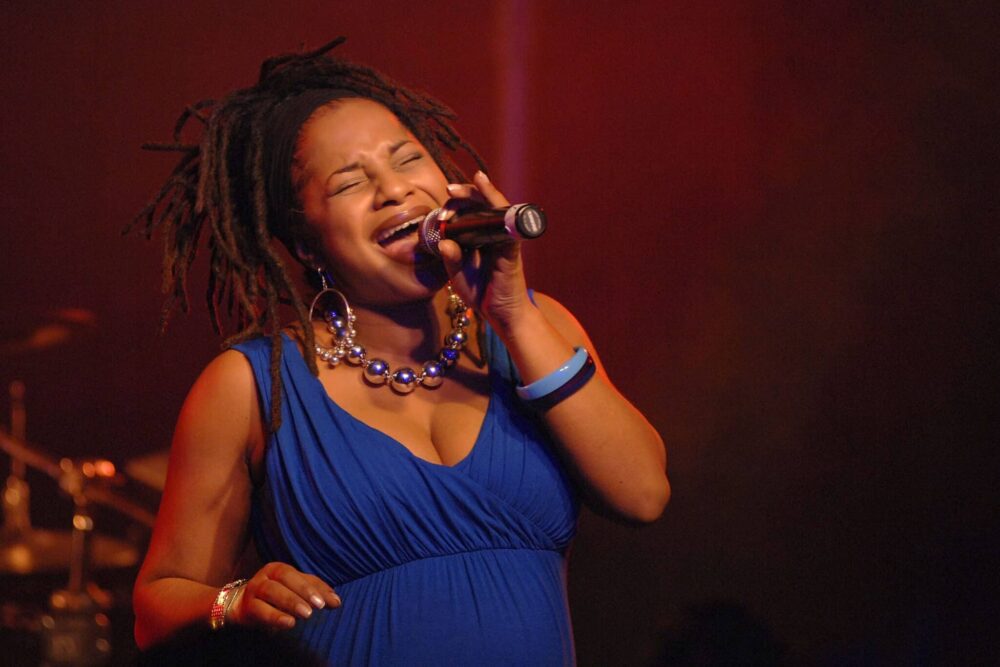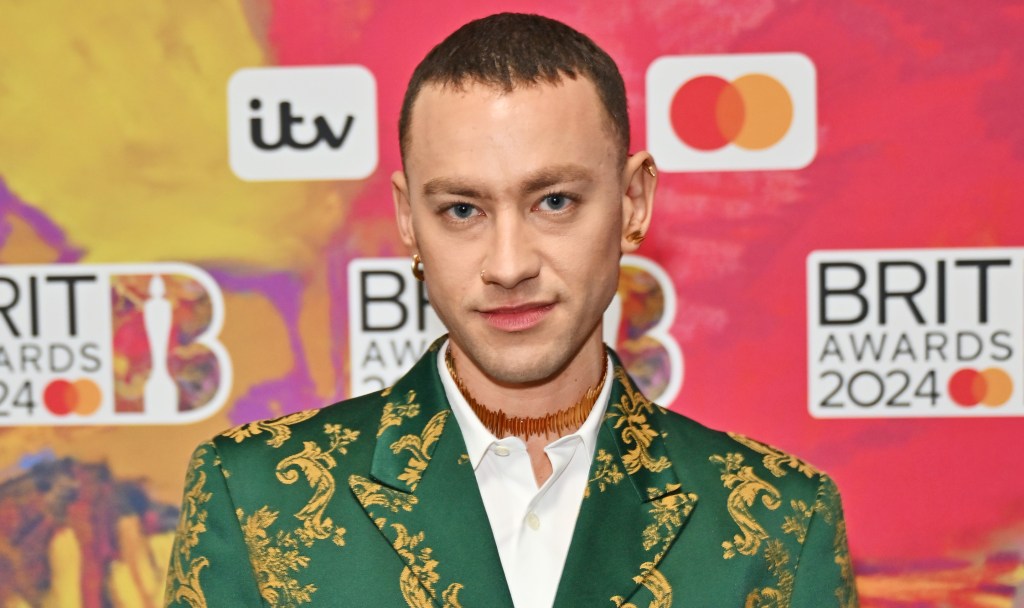Achi news desk-
As the annual gay holiday approaches, LGBTQ+ people plan to gather in their hordes to observe and celebrate the flamboyant and vulgar joy of the Eurovision Song Contest 2024.
Originally in 1956, Eurovision has become an annual ritual for the queer community. The show has developed into an LGBTQ+ monolith, showcasing Europe’s most brilliant and spectacular talent.
For 2024, this year’s contestants will compete in Malmö, Sweden after Loreen’s win in 2023 with her hit song ‘Tattoo’.
How does Eurovision work: what are the rules?
The Eurovision Song Contest is an annual songwriting competition organized by the European Broadcasting Union (EBU). Participants, chosen from among the EBU’s member broadcasters, represent their countries from across Europe and beyond.
Eurovision is usually held in May, and consists of three live shows: the first semi-final, the second semi-final, and the final.
The broadcasters of the ‘Big Five’ (France, Germany, Italy, Spain and the United Kingdom – countries that make the largest financial contribution towards the competition) and the host broadcaster (the broadcaster of the nation that won the year previous) automatically joins the semi-finals
Over the decades, the rules of the song competition have evolved. At the moment, the three main rules are that the songs must be original and no longer than three minutes; lead vocals must be performed live; and no more than six performers are allowed on stage at any one time.
How is Eurovision scored?
One of the real mysteries of our time is how exactly Eurovision is scored, but we’re here to explain the procedure once and for all.
The current system, which has been operating since last year, relies on site voting.
After all the songs have been performed, each country has two sets of points with which they can submit votes. The first set is based on the country’s jury, made up of five music industry professionals. The second is the public vote for each country which takes place during the live semi-finals and final
The more popular the country, the higher the points; the points awarded include 1-8, 10 and 12. The highest song receives 12 points.
Votes will be conducted by phone and SMS voting as well as via the official Eurovision app. In fairness, you cannot vote for your own country – a rule first introduced in 1957.
In 2023, viewers in non-participating countries were able to vote in all semi-finals and the final via the official Eurovision App or the Eurovision Song Contest voting hub. These votes are aggregated and awarded as points of ‘extra country’ in the public vote.
What does the Eurovision winner get?

The winner of Eurovision 2024 will not only be given a title that will forever make them an icon in the gay community, but they will also receive a stunning glass microphone
Since 2008, the specially designed trophy has been awarded to the champion. The trophy is made of solid glass by Kjell Engman of the Swedish art glass design company Kosta Boda.
Engman has worked at Kosta Boda since 1978 where he has focused on art glass creations that have been exhibited around the world.
As well as the Eurovision winner taking the main trophy, the songwriters and composers of the winning entry receive a smaller version of the trophy.
How is Eurovision funded?

Eurovision is a non-profit event that is funded from several contribution streams.
One is the participation fee for the participating broadcasters, which totals 6.2 million euros (just over £5 million). Each country’s fee is based on the principle of unity which distributes the financial burden fairly: which means that the richest countries give more money.
Then there is the host broadcaster’s contribution, which is between 10-20 million euros (£8.5-17 million) depending on the resources available.
Also, the host city contributes financially or ‘in kind’, the latter of which exceeds city expenses for city branding, side events, security, and more.
Finally, there is the commercial revenue from sponsorship deals, ticket sales, television and merchandise.
90% of all available funds are allocated to the organization’s television productions and events with 5% of the funds being a budget for the EBU’s Eurovision Song Contest team and its partners.
The remaining money goes towards the participating broadcasters to be reimbursed based on the budget approved by the Eurovision board.
Can Eurovision singers swear?
The words, speeches or gestures performed at Eurovision are not allowed to bring the competition, the show or the EBU into disrepute.
Furthermore, no objectionable language is allowed at all, at least in part because the semi-finals and finals are broadcast live.
Breach of these rules may result in sanctions such as ban, fines, deduction of points, loss of accreditation, or an official warning from the EBU.
Can Eurovision singers be professional?

All participating broadcasters have until mid-March to submit a song and artist to Eurovision and the rules regarding participation are quite broad.
There are many processes for selecting a song and artist, whether it’s a broadcast show or an in-house process. However, at the end of the day, anyone can enter Eurovision.
There is no hard or fixed rule stating that a famous or professional singer cannot compete. For example, the UK has been represented at Eurovision by Cliff Richard, Olivia Newton-John, and Bonnie Tyler as well as this year’s entry: the star of Years & Years and the famous producer Olly Alexander.
Over the years, Eurovision has undoubtedly brought not only a queer code, but also a safe haven for the queer community. But why do LGBTQ+ people identify with Eurovision?
With 180 million viewers worldwide, Eurovision plays out with a bold extravagance and shameless queerness that consistently refuses any attempts to tone it down. On this global platform, LGBTQ+ acts and stories are made visible and broadcast into people’s homes in locations where LGBTQ+ people are not accepted.
Eurovision fans, therefore, appreciate the show for its inclusiveness of lesbian, gay, bisexual, transgender and queer contestants. With tense voting revelations, stage mishaps and singing scandals, all the messy and unexpected drama makes Eurovision the perfect show for queer audiences.
Why is Eurovision so political?

Eurovision may be a singing competition, yet the show has historically been (and continues to be) mired in political controversy. With neighboring countries gathering to compete, international relations become as important as vocal ability.
Despite this, Eurovision aims to be apolitical; performers are warned against promoting or referring to politics but even so, there have been several controversial moments over the decades.
The conflict between Armenia and Azerbaijan led to numerous controversies including political messages in competing songs, as well as a participant waving a flag from a breakaway state that broke Eurovision rules, both leading to disciplinary action.
In 2009, the lyrics of a Georgia song were objected to as they appeared to criticize Russian leader Vladimir Putin. The singing group refused to change the lyrics and eventually pulled out of the competition.
Then there’s Austrian drag queen Conchita Wurst, who won the 2014 pageant – and proved she’s more than just “that lady with the beard” – who Vladimir Zhirinovsky called an outrage, head of the Russian Liberal Democrats party.
Russia participated in Eurovision until 2022 when the country was expelled from the song contest following the invasion of Ukraine.
Israel first competed in the competition in 1973, becoming the first non-European country to compete.
A recent debate erupted when the song submitted by Israel for Eurovision 2024 was considered to be against the political rules, as the lyrics refer to the 7 October attack on Israel by Hamas. The name of the song was changed from ‘Hydref Glaw’ to ‘Hurricane’ and the lyrics were adapted for the competition. However, some participants are still facing calls to boycott the show to protest Israel’s involvement in this year’s event.
It is a Sin The star Olly Alexander, the British representative in this year’s competition, is among the performers in 2024 who have called for a ceasefire in Gaza.
When more than 450 queer artists, public figures and organizations signed an open letter calling on him to withdraw from Eurovision 2024, Alexander posted a statement (alongside several other Eurovision acts) stating: “We stand united in against all forms of hatred, including anti-semitism and Islamophobia.”
“It is important for us to stand in solidarity with the oppressed and convey our heartfelt wish for peace, an immediate and lasting ceasefire, and the safe return of all hostages.
In his solo statement on Instagram, the gay actor and singer posted that he “understands and respects” those who are boycotting Eurovision, but will not be doing so himself.
How to watch Eurovision 2024?
The first draw and the second semi-final have already taken place; the participating countries now know their allocations.
The first semi-final will take place on Tuesday 7 May and the second semi-final will be broadcast on Thursday 9 May.
For the final round, a maximum of 26 contestants will sing in the hope of winning the sparkling microphone trophy. However, ahead of time, six places have already been reserved for the host country and members of the Big Five.
The Eurovision Song Contest 2024 Final takes place on 11 May starting at 8pm UK time. All live shows will be available to stream on BBC One and BBC iPlayer.

